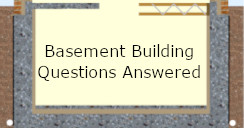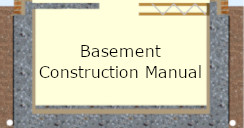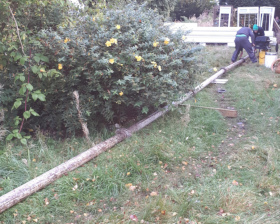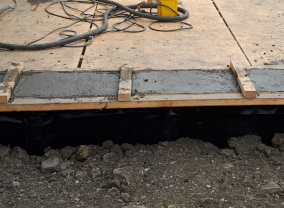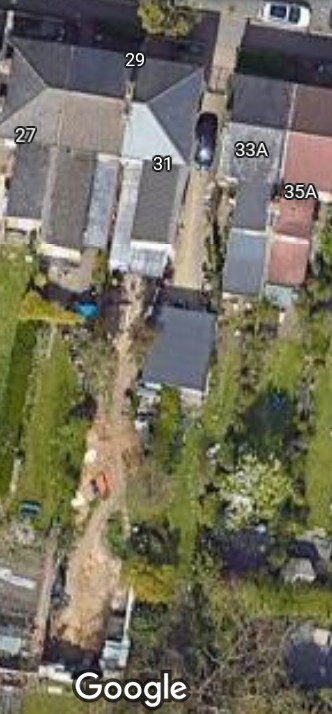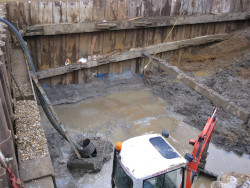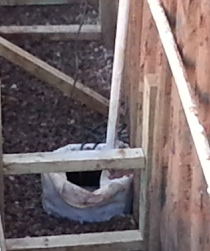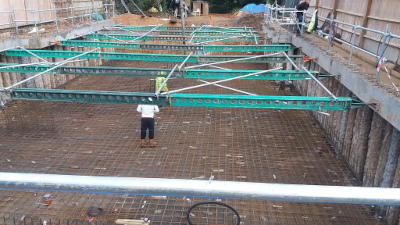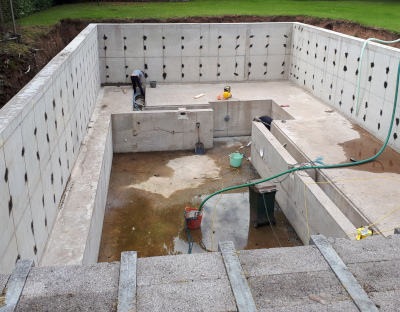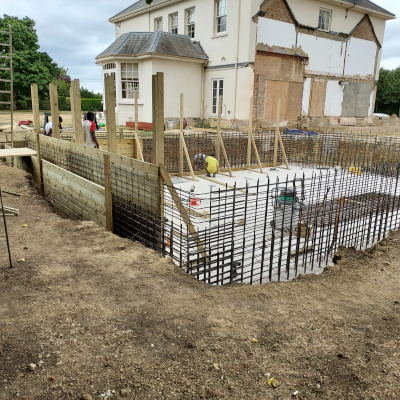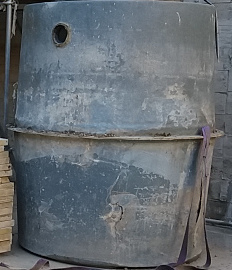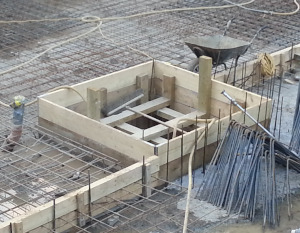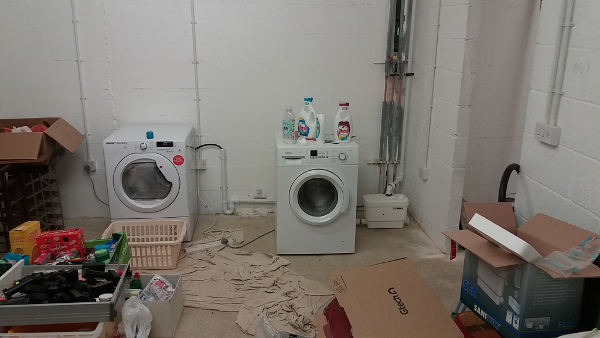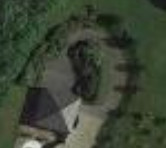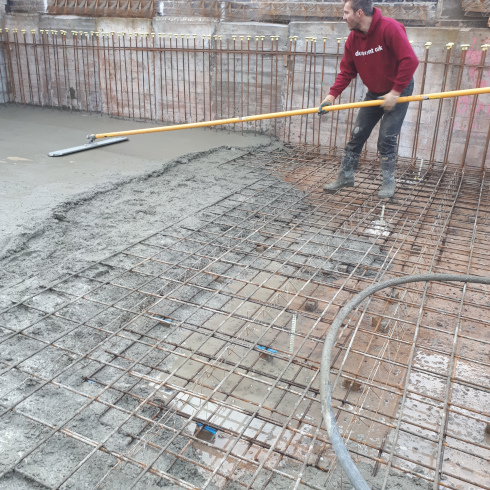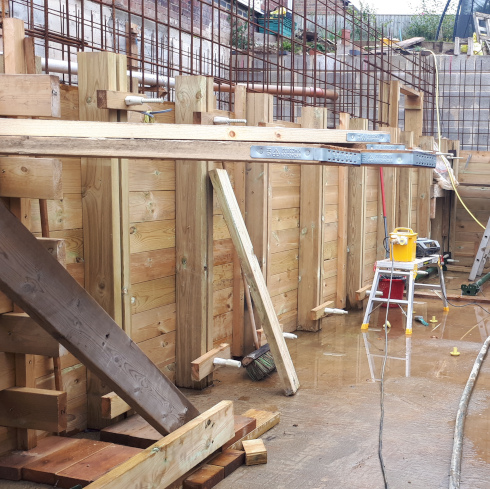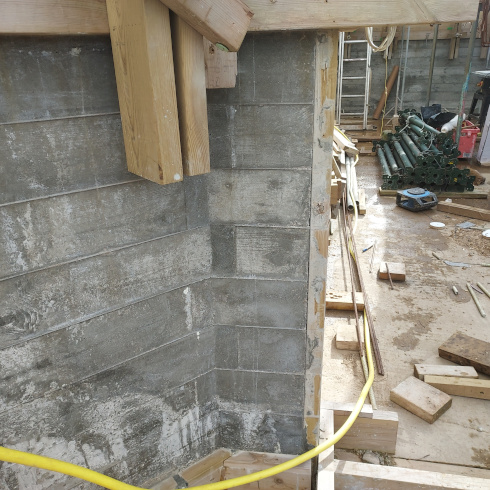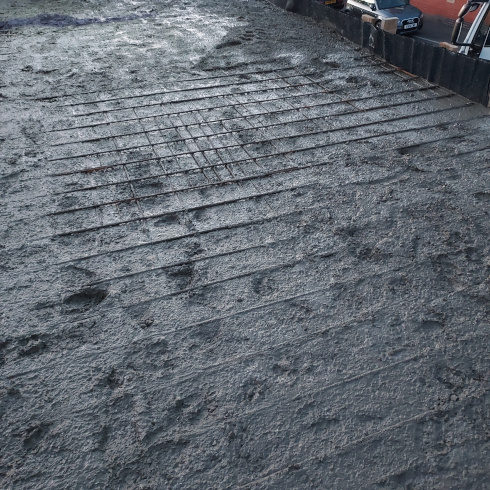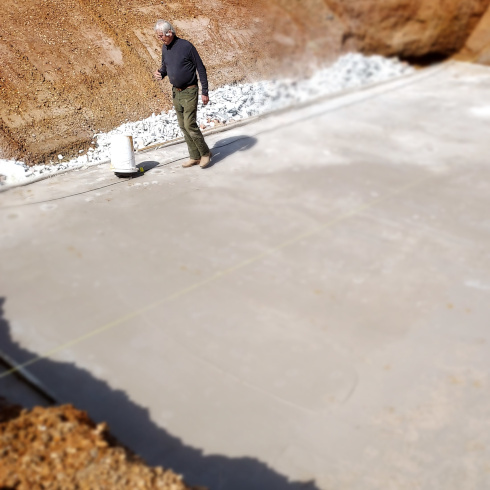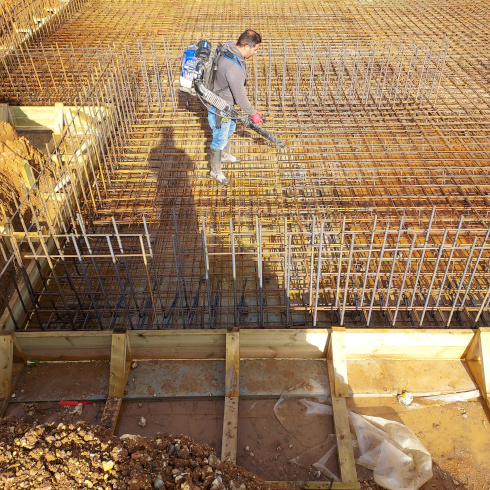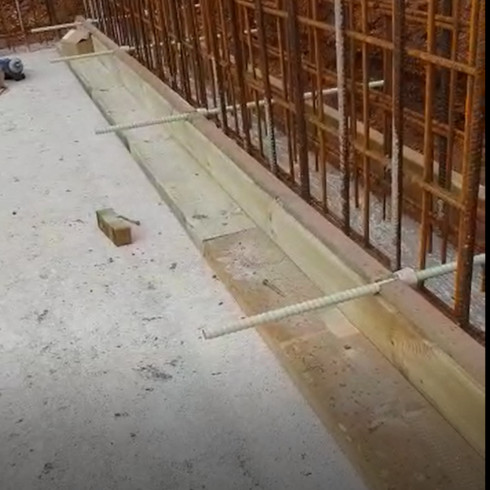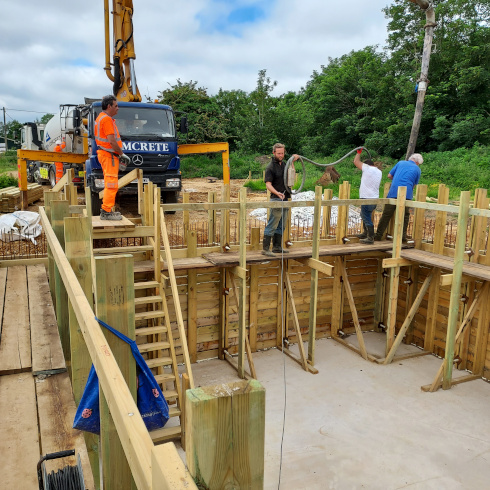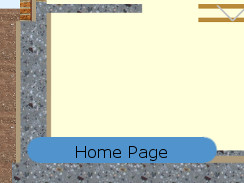
|
|
But that would mean they work as a small cog in a big machine building a big commercial project, such as a shopping mall. They never saw much of the whole picture. The problem is, beginning on big projects, main contractors have been stitching up sub-contractors for 50 years. Therefore, for 40 years, sub-contractors have been stitching up main contractors. They both try to win. The client always loses. For example. Could you manage your basement yourself? You recruit (Gumtree, facebook) and pay everyone directly. You hire and fire to avoid rotten apples. I very strongly recommend you manage your basement-build yourself, pay for everyone and everything yourself. The basement will cost what the basement costs. I confidently predict that, compared to a main contractor, you will save over half. Be very wary of yourself cutting corners too far, though. Many clients saved a few hundred only to find it cost a couple of thousand extra, later. This web site is your encyclopaedia and building manual. If you can study it as work progresses, many have, all will turn out very much better than it would have if you handed control over as a part of a contract. Probably for a great deal less money, if you factor in leak repairs and internal drainage systems because your contractors left leaks. Lower down this page I have a simpler formula that will quickly give you a vague but not inaccurate budget. I find, generally, that labour is just a little bit more than the other costs added together. If you add up all the other expected costs, multiply them by 2 to get your total. Less if you plan to work yourself. Agreeing a fixed price is likely to be almost twice as much. Plus, you will have the cost of leak repairs. You might feel confident that you can avoid paying your contractor the last third, bringing the two budgets closer together. But if you cheated the contractor at the start or they sense they are going to be cheated before the end, they will cut corners, leave leaks, tell lies and do anything to cover their costs before they leave. They might be very good at it. Examples of basement leaks. The material costs that might be matched by labour costs, are
Simpler budget. For several years before Brexit and Covid then inflation put prices up, I had a very simple yet reliable formula. Add together the outside area of the floor slab and the outside area of the retaining walls. Your basement slab might be 10m x 10m measured on the outside = 100. Your walls would likely be (10 + 10 + 10 + 10) = 40. 40 x 3m high = 120. 100 + 120 = 220 sq m. It used to be that £200 for each of 220 sq m is what I would expect my clients to be able to build their basement for if they paid all their labour themselves and all the kit and all the materials and employed me to manage throughout. The question is, what figure should you use today? I'm thinking £500. £110,000. This is the cost with you managing and paying directly for everyone and everything. If I work with you to build my way I guarantee you that your basement will always be dry from the reinforced concrete alone. No sump, no pump, just dry. Now we must add on more for difficulties.
There is an exception to the very difficult work involved with a line pump. Most line pumps are 100mm diameter, very stiff and the last few metres weighs 100kgs full of concrete. Mixamate line pumps are 75mm diameter and the same last few metres weigh only about 60kgs. The pipes seem more flexible, meaning you do not need to heave as much around. I explain more about Mixamate here.
6. Roof, or ceiling, or floor above?
This concrete was necessary because the sloping ground will be landscaped against this ceiling. A basement is probably cheapest, relatively speaking, if it is going to be beneath a new house that is going to be built on top more than 5m from a neighbour and there is enough space (and no water or unstable ground) to batter the sides of the excavation and still get the excavator and the muckaway trucks off the road. A basement is probably most cost-effective if the basement footprint is the same as the footprint of the house, or new house extension, above. But making the basement bigger than the house and laying patio on top of the extra footprint can be good value as well. Budget £175/m² for the waterproof concrete roof then ask me how you can build it for that. Can I build a basement myself in the UK?Yes. You can build a basement yourself in the UK.
Other clients have assembled a small team and carried out the same work in 4 months or so. This client prioritised his family and built his underground garage virtually single handed.
This next couple enlisted her brother and a handyman. Father drove the digger borrowed from an uncle and he helped pour concrete. I had told them to expect this basement to cost £82,000 built by a team they employed but they told me they saved £32,000 doing a lot of the work themselves and using what was already on the farm and available to borrow.
All the timber was expected to be used again, either in the timber frame above or on their farm. Costs only rise, building a basement yourself, if you hire anything.
However, read this whole web site first. You must have a professional soil investigation to inform you what you will need to do to hold up your excavation, because if you need piling you probably could not do that yourself (unless your soil from the surface to 9m down is very kind). If you are getting yourself a bit excited about adding or building a basement, here is a reality check. Do your friends and family think you are going batty? The idea for this page came from a telephone conversation in the Autumn of 2022. Going Batty is exactly what the caller said he was being told by those close to him. He had been harbouring ideas about adding a basement to his house for 20 years, and now was the time to do it. Do the ideas in your head involve you digging down further than you can get insurance for? A lot of insurance for building site risks only allows you to excavate 3m. Many typical basements need excavating 3.5m. I have a page in my manual section with some maths If this farmer got planning permission for a new house with a basement 7m x 15m in the country between Slough and London, the basement might add £500,000 to its value, after spending only about £70,000 more to build the basement structure before you built the house on top. It would be cheap to add a basement to the cost of a new house in plenty of space with good access. Spread the earth in the field, drain the basement perimeter to a ditch, get the excavator, lorries, concrete pump and so on conveniently close. VAT on a new dwelling is zero rated for the build itself. You only pay VAT on your architect bill and a couple of other services. 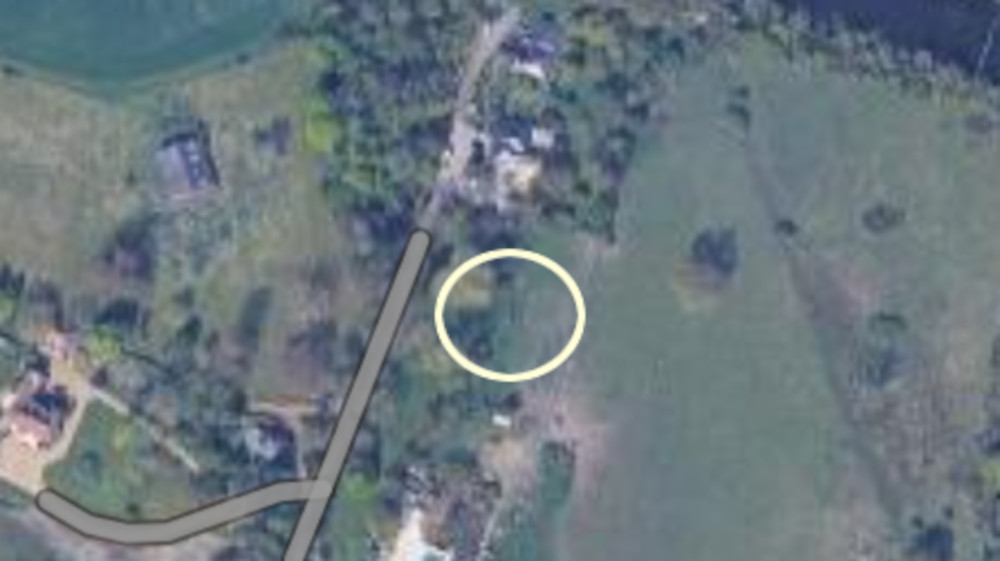
This next project is a basement beneath a mid-terrace house in Chiswick by a builder who got into trouble. 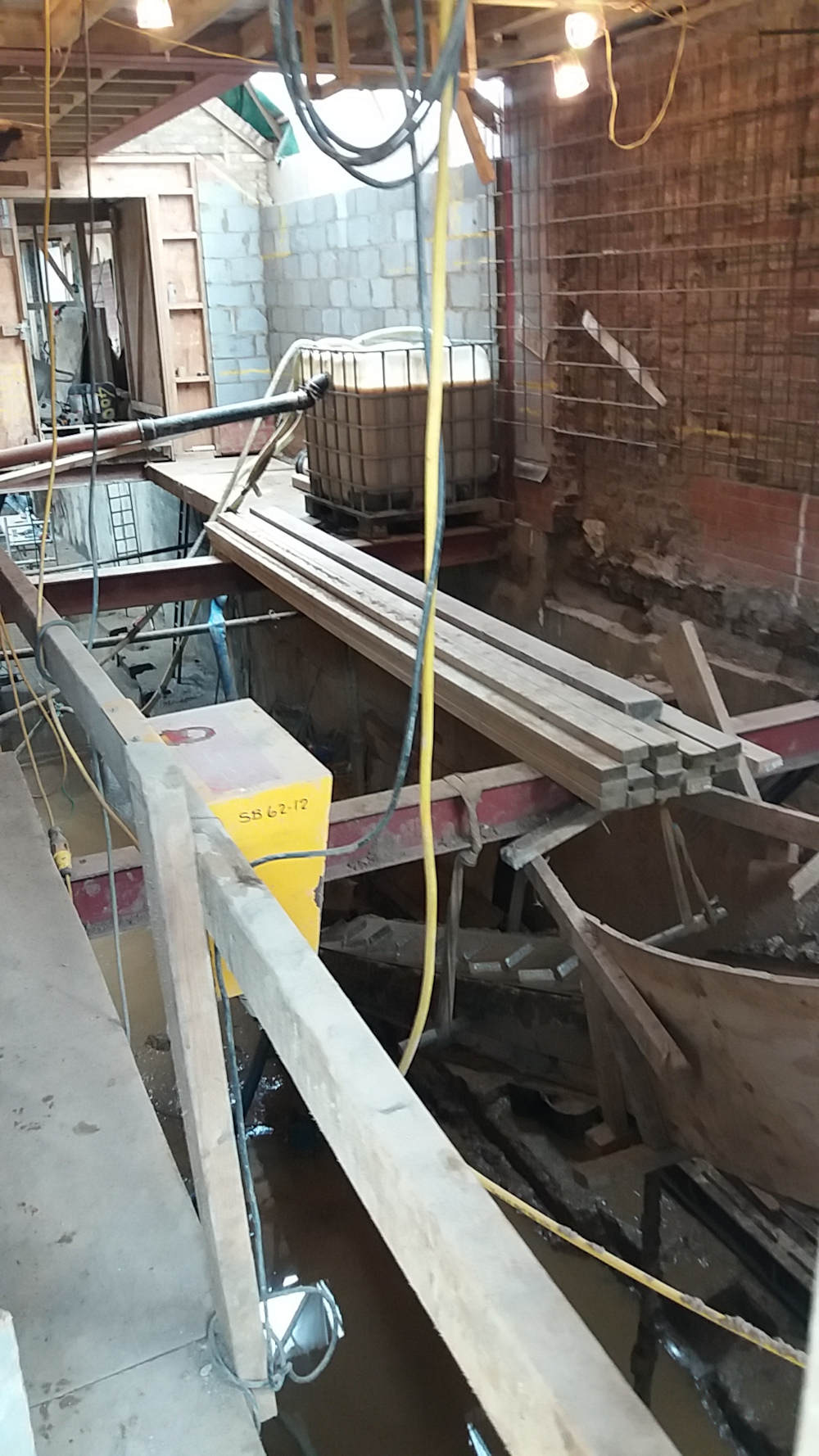
I received a phone call from a builder who explained they had underpinned all around the property. But now that they were trying to cast the concrete basement floor slab, they couldn't get it to seal the water out because the Thames water flooded in twice a day at high tide. Concrete couldn't set quickly enough. I knew what to do. Not easy. I exchanged that gem of information for a quick look and the photo opportunity. What value the basement when complete? At what cost? Perhaps it will cost £2 million but only add £1 million pounds in value, because of all the unexpected problems and delays. Perhaps it will leak so badly it will be abandoned. This is the house of the man 'going batty', and he will be very surprised if he sees it here. But I am going to help him, he just paid for my advice by email service, and he has seen my web site so he knows I use hundreds of photos as examples. He should get planning permission if, above ground, it ends up about the same as what is already there. 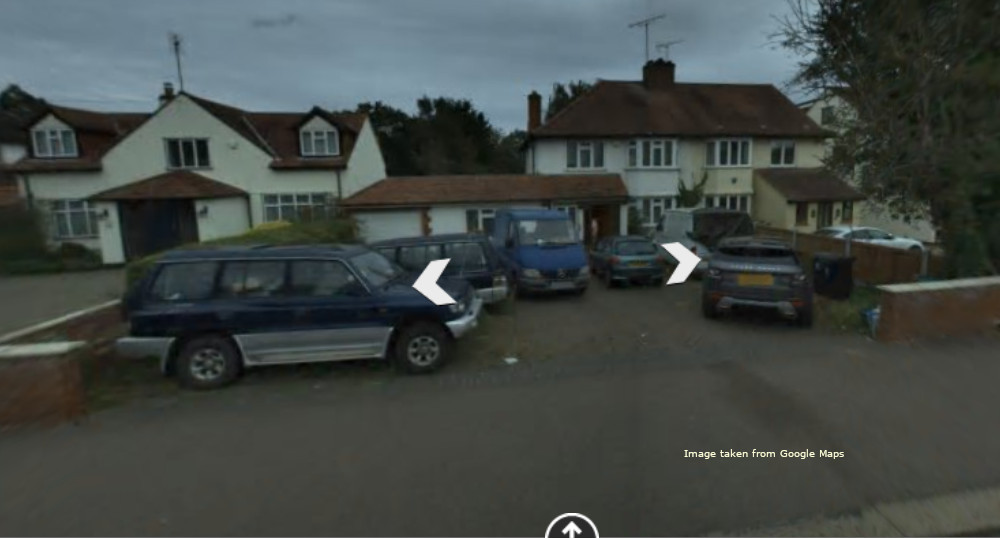
A basement the same size as the example in the field above (7m x 15m) might only add £400,000 in Epping Forest DC and it would be more expensive to build with less space to work. Also, as a house extension you pay 20% VAT on everything VATable. He has two options. Going underneath what is already there (without the tidal water table as in Chiswick and considerably more space for loading and unloading in front). Or knocking all the single storey extension down first, building the basement then replacing the extension above. Both options are very difficult to estimate. However, if they build a basement the family get the extra accommodation they want which perhaps they couldn't buy any other way. Going under might cost about £420,000 with VAT. About the same as the value added. But it might turn out to be dangerous. They could have an accident such as the single storey collapsing into the hole. They would be well-advised to move out into rented accommodation until it was safe. Perhaps they should put their neighbour into rented accommodation for 6 months as well. They would need to fix any damage to the neighbouring property, such as wall cracks. They may find it impossible to get full insurance to go under. They may, actually, find it impossible to get a Party Wall agreement and they may never be allowed to start this way. They may end up with a bill beyond their means and have to sell the property incomplete and buy a small flat. I think the risk of what could happen is far too great for the chance they might save money by saving the ground floor extension. If they knock all the single storey down then pile the perimeter, their house and the neighbour's house are safe before they start to dig. No need for either to move out. They should be able to get insurance to dig a maximum of 3m down. Building a new basement the same, 105m², but without going under the original house, piling will cost approximately £60,000 with VAT. Then their build cost needn't be much more than the first example but plus VAT. About £120,000. And they need to replace the single storey extension. Knocking down and building back gives them the chance to completely re-shape their accommodation. Time will tell.
Weeks later I can add that his preference would seem to be knock down the single storey because it is cold and leaks anyway, pile the perimeter of what will be his new basement AND KEEP GOING WELL INTO THE GARDEN until he has a basement 335m², compared to the original house 100m² over two floors. I think that the piling and basement structural works, including a roof down the side strong enough to create a driveway down to the rest of his garden, and imitation grass over the remainder: £380,000. He will still need to fit out the basement and rebuild some single storey. But if his house is worth £1,000,000 he could quadruple his space for less than the same again. The estimates here are pretty vague and might be wrong. Also, they are based upon my methodology which means the client pays directly for all the materials, equipment and labour rather than entering into a contract, that I would expect to cost twice in the end. Also, it would usually be absolutely vital that you got a professional and thorough soil investigation report before you got your Party Wall agreement and go forward with a design.
|
